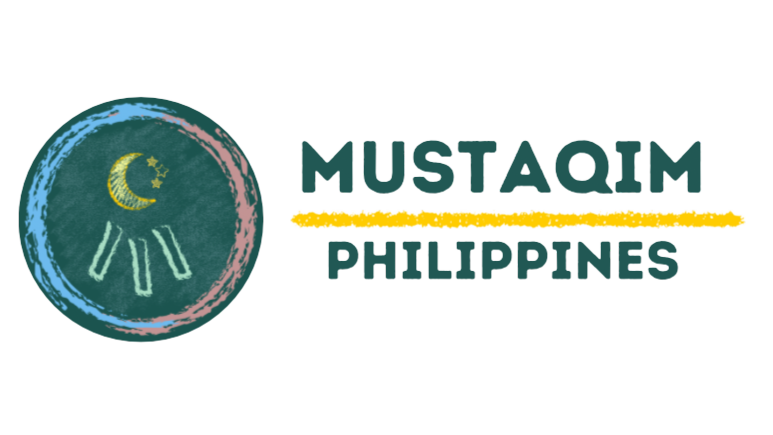Eid al-Fitr, also known as the Festival of Breaking the Fast, holds immense significance for Muslims worldwide as it marks the conclusion of Ramadan, the holy month of fasting, prayer, and reflection. This joyous occasion is celebrated with great enthusiasm and reverence, signifying the spiritual journey undertaken during Ramadan and the blessings bestowed upon believers by Allah.
Eid al-Fitr serves as a culmination of the spiritual journey embarked upon during Ramadan. Throughout the month, Muslims fast from dawn until sunset, abstaining from food, drink, and other worldly desires as an act of obedience and devotion to Allah. The rigorous fasting regimen fosters self-discipline, self-reflection, and empathy for the less fortunate, enriching the soul and strengthening one’s connection with the divine.
As Ramadan draws to a close, Eid al-Fitr becomes an occasion for expressing gratitude for the blessings received and for demonstrating generosity towards others. It is customary for Muslims to engage in acts of charity, known as Zakat al-Fitr, wherein they donate a specific amount of food or money to the less fortunate in their communities. This charitable gesture ensures that everyone can partake in the festivities of Eid and experience joy and abundance, emphasizing the importance of compassion and solidarity.
Eid al-Fitr is a time of celebration and unity, bringing together families, friends, and communities in joyous gatherings and festivities. Muslims attend special prayers, known as Eid Salah, held in mosques or large open spaces, where they offer gratitude to Allah for enabling them to complete the fast and seek forgiveness for any shortcomings. Following the prayers, they exchange heartfelt greetings of “Eid Mubarak” and engage in feasting, sharing delicious meals with loved ones, and exchanging gifts as symbols of affection and goodwill.
Moreover, Eid al-Fitr represents a renewal of faith and hope for the future. As Muslims bid farewell to Ramadan, they carry forward the spiritual lessons and virtues cultivated during the holy month, striving to embody them in their daily lives. The joyous atmosphere of Eid serves as a reminder of the mercy and blessings of Allah, instilling optimism and resilience in the hearts of believers as they face the challenges of the world with steadfastness and conviction.
In essence, Eid al-Fitr holds profound significance for Muslims, symbolizing the culmination of a month-long journey of spiritual growth, gratitude, and unity. It serves as a joyous celebration of faith, generosity, and hope, reminding believers of the enduring values that guide them on their path towards righteousness and inner peace.
